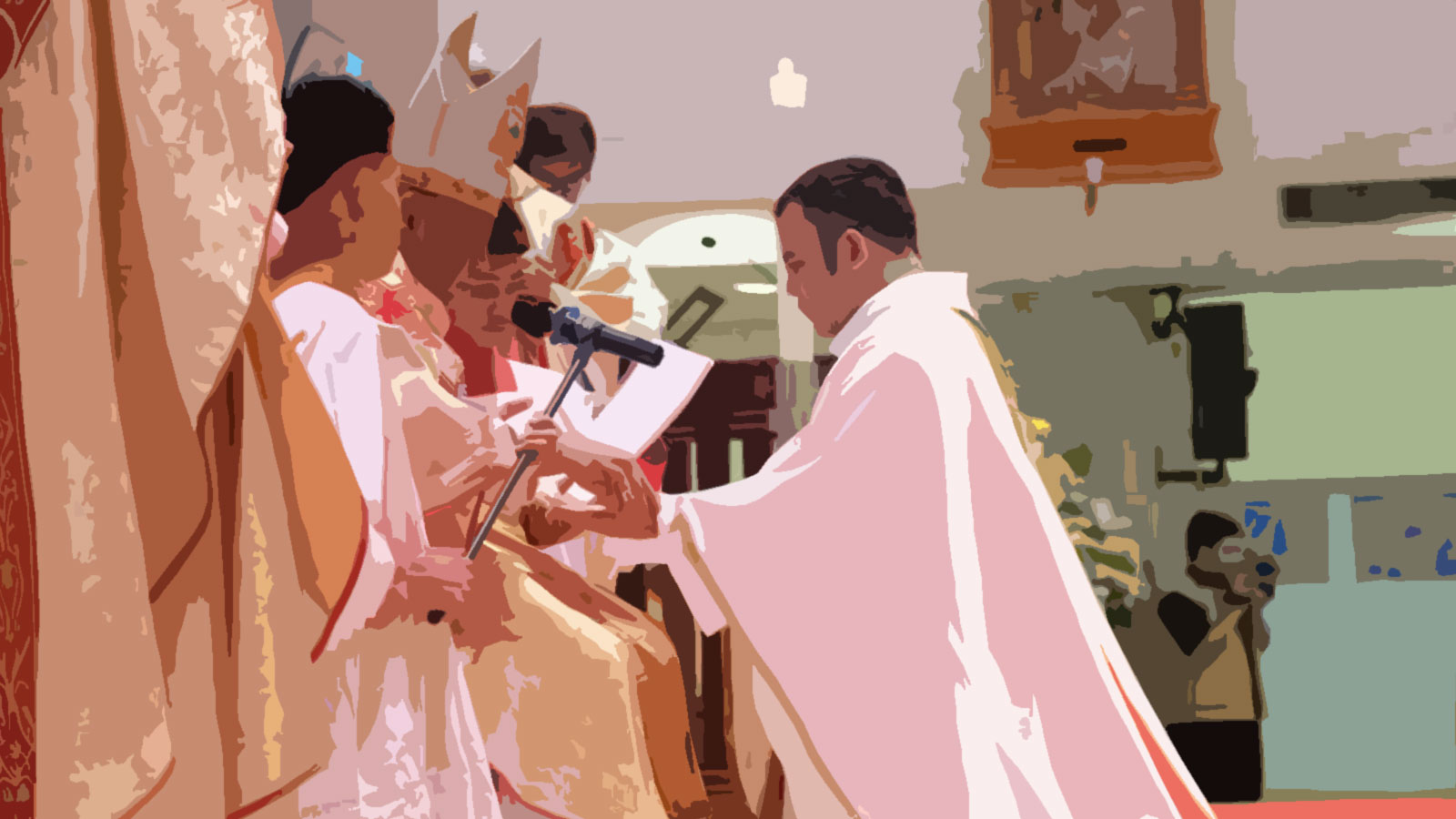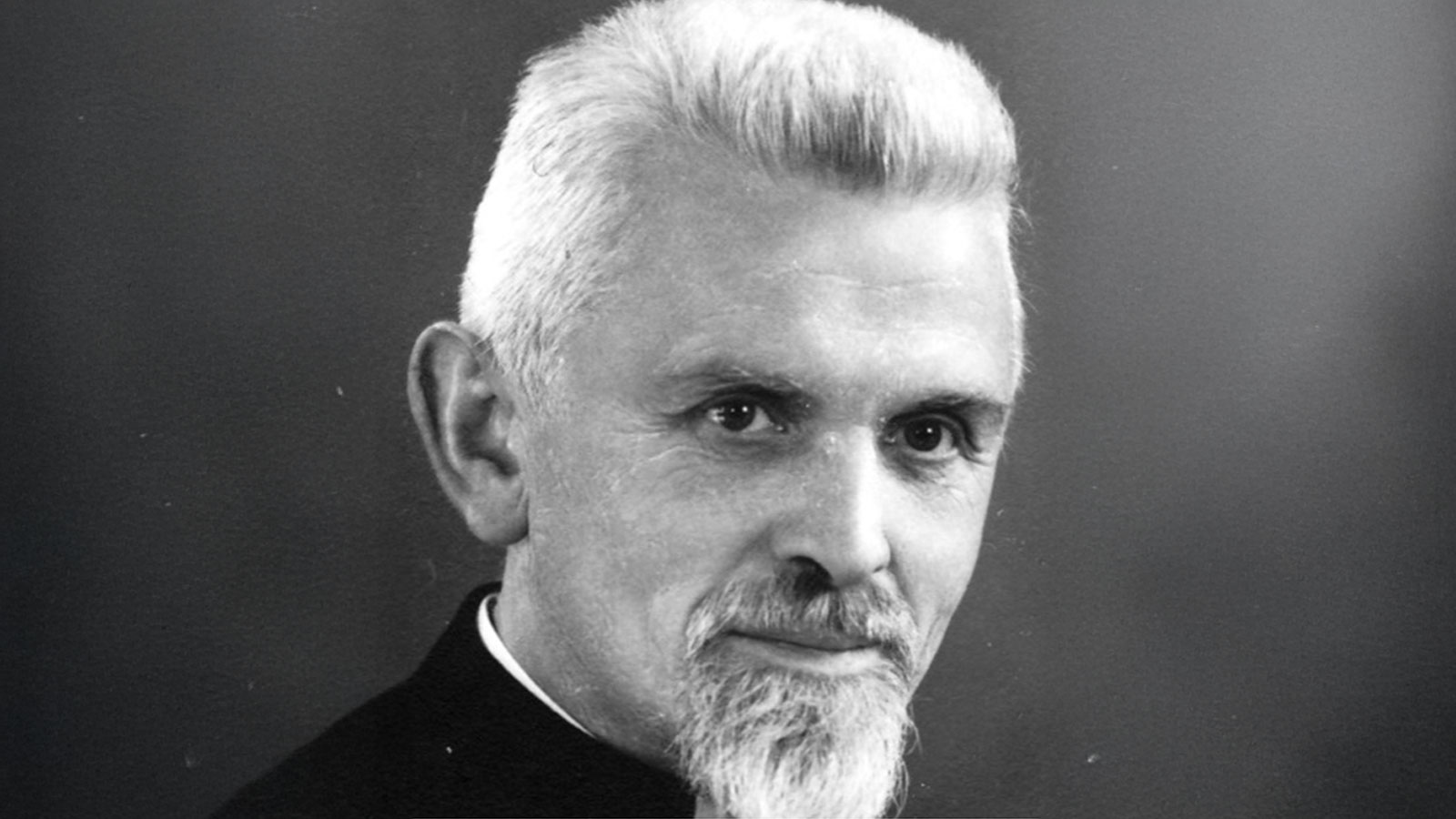 By Jan Reynebeau, cicm
By Jan Reynebeau, cicm
Living in community can be a blessing, or a hell; sometimes a purgatory. Community life leaves no one indifferent. But it can sometimes turn cold. That happens when the warmth disappears. And that rarely happens suddenly. Living in community is done from diversity. Everyone has his personal temperament and sensitivity, personal preferences and aversions. And this often provokes in the other person a reaction of sympathy, or antipathy, or nervousness. These feelings usually fall on us. We do not choose them ourselves. The question is then: what are we going to do with it? We certainly have the freedom to dispose of it.
Living together is not always easy. Nowhere. Not even in a model family, let alone in society. We live as brothers with one another. Godfried Bomans wrote: “Men are our brothers. But we sometimes get tired of this family.” That is true. We do not have the same af- finity with all our brothers. Moreover, as religious, we often have cultivated an ideal image of brotherhood. And if reality does not match with it, we react by criticizing. If this criticism is not heard and it is not immediately followed by a positive effect, we easily slip into our shell.
This shell is like a safe cocoon, where unrealized desires and unanswered feelings keep on boiling. If this happens often, and occurs in more than one person, and persists, the dynamic in a community becomes a downward spiral. This does not make anyone happy.
Itching powder
It sounds pretty negative. Fortunately, our communities are good communities. However, even communities which are initially good are not immune to latent infections. These begin with symptoms that are at first sight innocent: someone does not come to the table for a meal or does not take the potus anymore; another one locks himself up throughout the day in his room; at a table of four or six people, no one says a single word; two tables almost empty could easily have been made one; others are constantly absent without any notice. This is not a drama if it happens from time to time. In fact, there is no need to chat and talk all the time. I do not always have to “like” everything, and I can at times spend the whole day all alone with myself. And it is certainly acceptable for me to send everyone out for a walk, or send them to hell.
It would be only if these ‘sometimes’ become a ‘habit’ that one can wonder whether it really promotes the quality of our living together as a community. And if we let things happen like this, would that be the sole responsibility of the rector? Or, are we mutually responsible for each other?
To be responsible means to respond to the demand and expecta- tion of others to get together as a community.
Words like intimacy, privacy, freedom, and justice, are here valuable and precious concepts, unless they are invariably preceded by the inflexible adjective ‘my’. In this case, an answer becomes an anti-word. Thus, all communication is suppressed or stifled.
In fact, communication is precisely the reality around which everything gravitates when it comes to life in common. Good communities are those where confreres talk to each other. And that is more than just putting on hearing aids. Someone said, “I am fine here, but I would like to talk to somebody about something serious. That is exactly what I do not find here.” Another would say, “We are all brothers of each other, but in fact we do not know each other.” Another one would only live again when one speaks about ‘the mission’, because that is what overflows from the heart.
Openness, communication, and life stories
The following are three things that we need to pay special attention to in our communities: openness, communication, and life stories. We would like to consider them quickly one after the other. Openness to what is happening in the nearby and the faraway world, good and bad things. But also reciprocal, openness to the joys and the sorrows of each of us, and to what interests others.
This openness gives us the opportunity to say something between us (communication). It can be serious, but it is not always required. By talking to each other, we get to know each other. Speech and response create animation.
Lastly, life stories are an ideal way to let the past and present blend together. Today, many of us are old and exhausted. This is only a limited part of a person’s life. The most important part of our life is in the past. Therefore, being able to tell these stories completes the image of who I really am. This is how I would like to be known as a human being; starting today, and not only during my funeral. Perhaps, we could now and then talk about it to one another.








